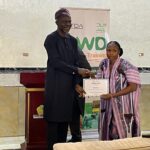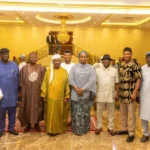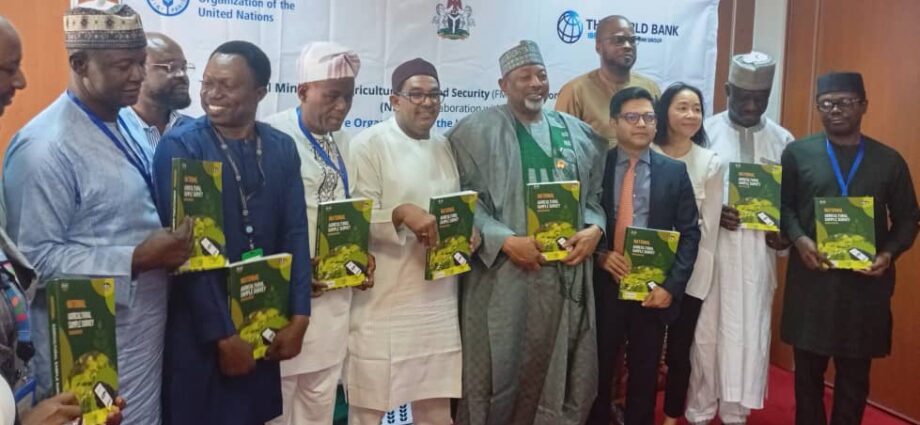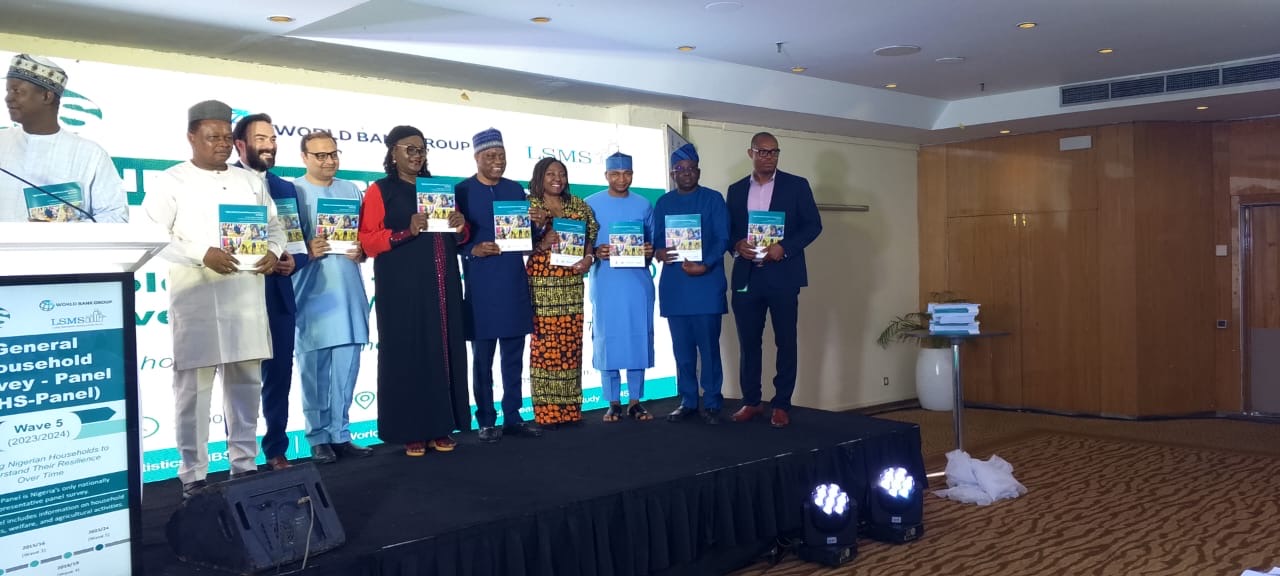FG unveils National Agricultural Sample Survey 2023 Report
By Abigael Joshua The Federal Government has launched the National Agricultural Sample Survey (NASS) 2023 Report, towards developing data-driven policies to achieve food security and economic diversification. The News Agency of Nigeria reports that Food and Agriculture of the United Nations (FAO) in collaboration with the Federal Ministry of AgricultureContinue Reading















